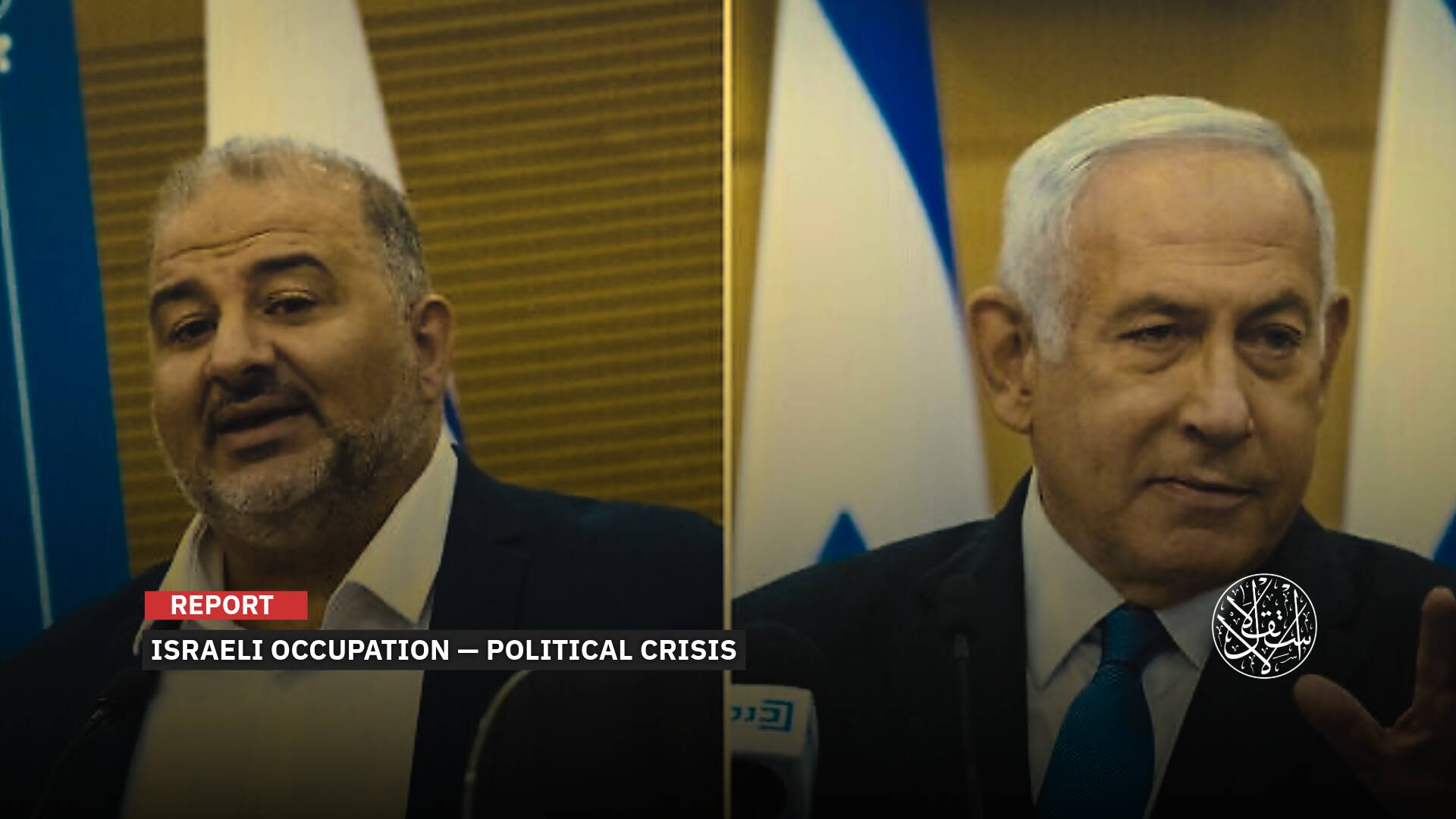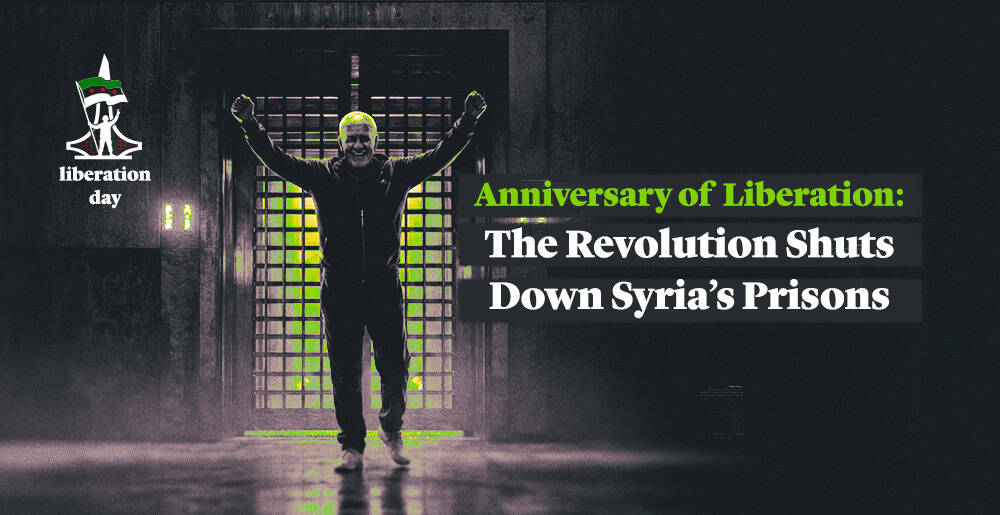After Assad's Fall: What is the Fate of Syria's Agreements with Russia
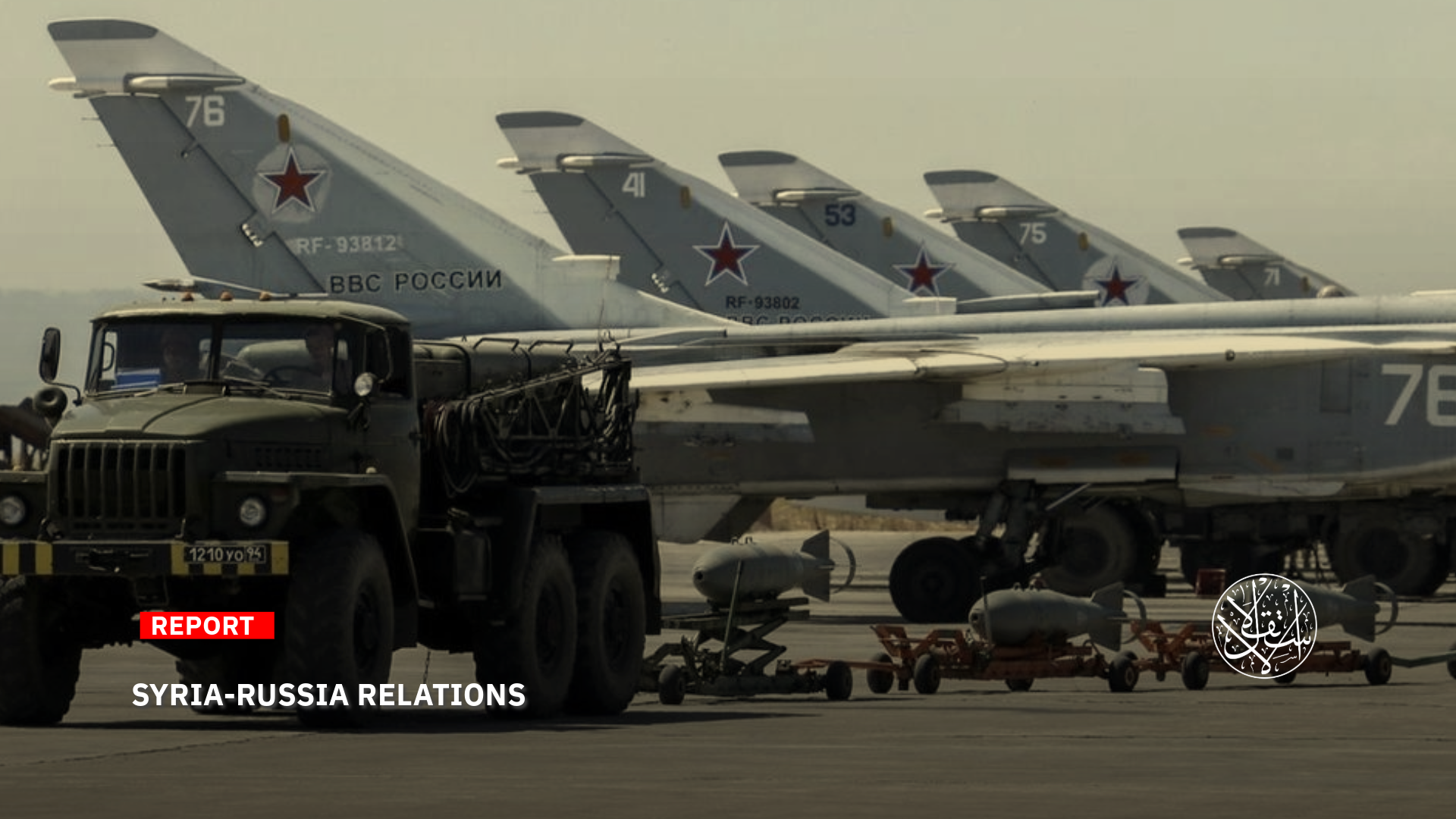
Assad's escape to Russia with large sums of money indicates that the relationship with Moscow needs serious negotiations.
Russia continues to send reassuring messages regarding its military presence in Syria following the fall of Bashar al-Assad’s regime and the assumption of power by the new administration.
Although Russia's intervention in Syria in late September 2015 was aimed at supporting Assad in suppressing the Syrian revolution, the new Syrian administration has not yet shown any inclination to sever ties with Moscow.
Reviewing Relations
The commander of the new Syrian administration, Ahmed al-Sharaa, stated that Russia and Syria have longstanding strategic relations, and emphasized that Russian military bases will remain in Syria “for the time being.”
In an interview with the BBC on December 21, 2024, al-Sharaa, who led a coalition of factions to overthrow Assad, pointed out that Syria could not quickly sever its ties with Russia.
Al-Sharaa, 42, stressed that the new administration is focused on “building strategic relations and restoring ties with Russia based on the sovereignty, security, and independence of Syria’s decisions.”
Meanwhile, Russian Foreign Minister Sergey Lavrov confirmed on December 26 that he agreed with al-Sharaa's description of Russian-Syrian relations as “long-standing and strategic,” noting that Russia looks forward to resuming cooperation with the new authorities.
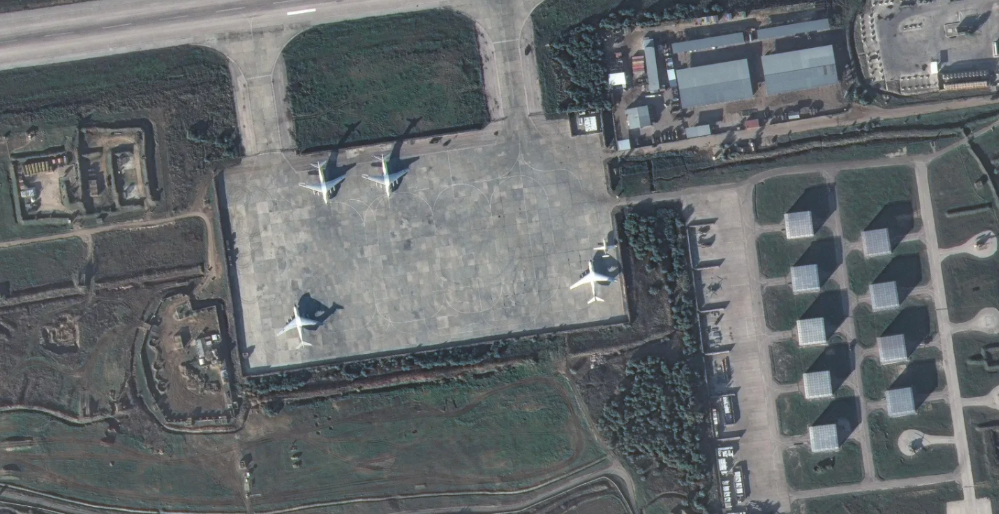
On the morning of December 8, 2024, Assad fled to Russia through a coordinated effort with Moscow via the Russian Hmeimim airbase in the Latakia countryside. This led Syrians to declare the triumph of the revolution and the end of the era of tyranny that began when his father, Hafez al-Assad, seized power in 1971 through a military coup that brought death, displacement, and destruction to the people.
Moscow justified granting asylum to Bashar al-Assad, his wife Asma, and their three children (Hafez, Karim, and Zain) on humanitarian grounds.
However, Russian President Vladimir Putin stated that he had not yet met with Bashar al-Assad upon his arrival in Moscow but expressed his intention to do so.
Putin noted that Russia had achieved its objectives in Syria and that the fall of Assad's regime did not represent a defeat for Russia.
Since then, Moscow has yet to announce a meeting between Putin and the fleeing Assad. On December 23, 2024, Kremlin foreign policy advisor Yuri Ushakov confirmed that Putin would meet with Assad, though no date had been set. He also noted that Russia was in ongoing diplomatic and military contact with Syria's new administration.
Moscow's primary goal in intervening in Syria was to secure a long-term lease agreement in 2017 for the Russian Hmeimim airbase in Latakia, for a period of 49 years, extendable for another 25 years. The Russian naval base in Tartus, also leased for 49 years, served as a logistical support point for Hmeimim, located about 50 kilometers away.
Given this, questions are now being raised about the future of these Russian bases, which have given the Kremlin influence over the Mediterranean and North Africa, specifically regarding whether they will remain or Russia will fully withdraw from Syria.
Moscow has not concealed that there are “cold” negotiations with the new government in Damascus regarding the future presence of Russian forces and the shape of their involvement.
On December 27, 2024, Russian news agency TASS quoted an unnamed diplomatic source stating that the new Syrian authorities do not intend to conclude agreements related to Russian military bases in the foreseeable future.
The agency confirmed that Russia aims to maintain the legal status of its bases in Hmeimim and Tartus, ensuring their continued operation according to agreements made with the ousted regime.
TASS added that both sides are currently discussing ways to prevent “force majeure” conditions from being used as a pretext to cancel the agreements and are considering the level of Russian military presence that could remain in Syria under these arrangements.
A Chance for Redemption
After the fall of Bashar al-Assad's regime, it became clear that the new Syrian administration is inclined to give Russia a "chance to correct its relations" with the Syrian people.
Observers note that the Hmeimim and Tartus bases represent the most immediate threat to Russia’s future in Syria, as dismantling these bases would undermine Russia’s geopolitical influence in the Middle East and its ability to exert power in the region via the Mediterranean and in Africa.
Therefore, Moscow recognizes that it needs more time to arrange its relationship with the new or future Syrian administration. This also threatens to cause an embarrassing setback for Russian President Vladimir Putin, who views Russia’s intervention in Syria as an example of Moscow's ability to use force to shape events in distant places and compete with the West.
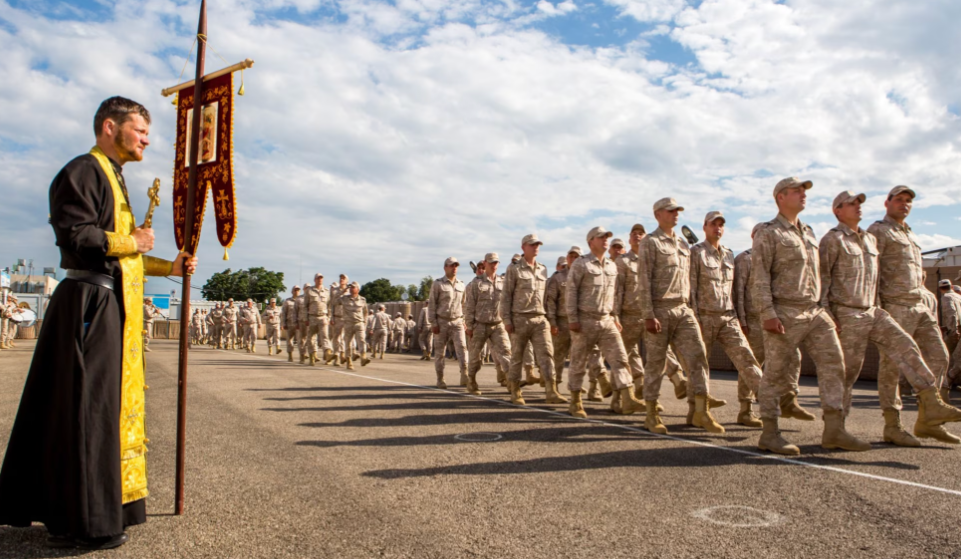
To prevent any attacks against it, the Military Operations Command of the new Syrian government deployed forces at the entrance of the Hmeimim airbase. This was also to stop former Assad regime officers from seeking refuge there during the new Ministry of Interior's crackdown on those involved in crimes against the Syrian people.
As the Bashar al-Assad regime collapsed at the end of November 2024, it was noticeable that Russian air support was absent for the rapidly retreating Assad forces, which had pulled out from several Syrian provinces since the 27th of that month. This followed the launch of Operation Deterrence of Aggression by opposition factions to overthrow Bashar al-Assad.
In this context, Colonel Ismail Ayoub, who defected from the Syrian Army at the start of the revolution, said that “the new administration cares about this issue because the Assad regime had granted Russia the Hmeimim base for free, and no country gives military bases for free.”
“The new Syrian administration understands that the Syrian army’s weapons are largely of Russian origin, and thus it cannot sever ties with Russia that quickly, especially with the agreements signed between Russia and the ousted Assad regime related to gas and investments in various sectors,” he told Al-Estiklal.
“These agreements need to be reviewed and corrected by the Syrian government. For example, it is not possible to give Russia the Hmeimim airport, which is the only international civilian airport on the Syrian coast.”
“Similarly, the Russian naval base in Tartus could have its fees and terms adjusted and would need quiet negotiations to modify them in a way that aligns with the interests of the new Syrian state,” Ayoub added.
Difficult Discussions Ahead
Some observers of Syrian affairs believe that the new government will face challenging discussions as it reassesses its relationship with Russia to ensure it serves the mutual interests of both countries.
Given that Russia signed nearly 40 agreements and trade deals with the ousted Assad regime in the last decade, some argue that the internationally recognized Syrian government will be able to review these contracts, keeping those that benefit the Syrian people, while renegotiating or eliminating those with unfair terms.

IMilitary and strategic analyst Colonel Ahmed Hamada believes that “the current Syrian administration cannot resolve major issues, such as Russian military bases and the complex relations with Russia.”
In an interview with Al-Estiklal, he stated that Bashar al-Assad’s escape to Russia, along with large sums of money and high-ranking officers, signals that the relationship with Moscow will require serious negotiations. Russia will need to demonstrate flexibility, especially regarding the fate of military bases in Syria and the reshaping of their bilateral ties.
“The new administration, having formed a three-month transitional government, is not in a state of extreme hostility toward Russia. Therefore, the future relationship with Russia will depend on the incoming Syrian government, the People's Assembly, and the next president.”
It is also noteworthy that Bashar al-Assad, his family, and relatives have been in Russia for years, investing large sums of money in Moscow.
Interestingly, Russian state media has yet to release any photos of Assad inside the country, signaling Moscow's intention to keep him out of the headlines while focusing on building relations with the new leaders responsible for Syria to shape the future relationship between the two countries.
Sources
- Russian Media: Syrian Government Has No Plans to End Agreements on Russian Bases Anytime Soon [Arabic]
- Lavrov: I agree with Sharaa's vision of Syrian-Russian relations [Arabic]
- Al-Sharaa to BBC: Syria is exhausted from wars and does not pose a threat to any country in the world [Arabic]
- About the Russian withdrawal from Syria! [Arabic]




